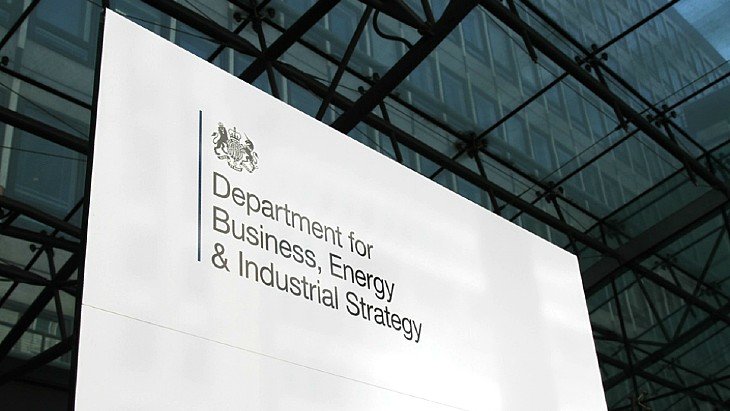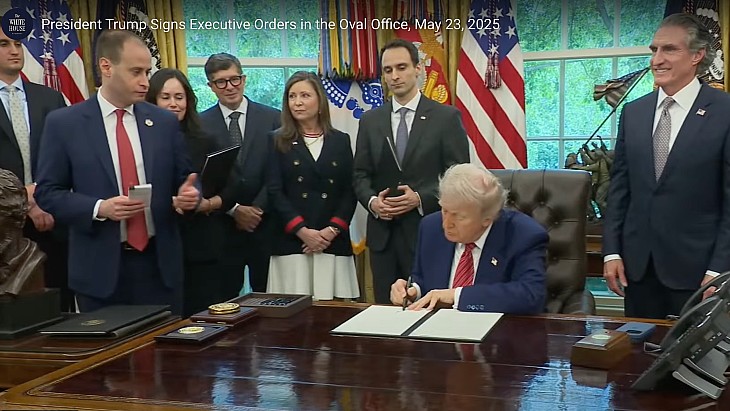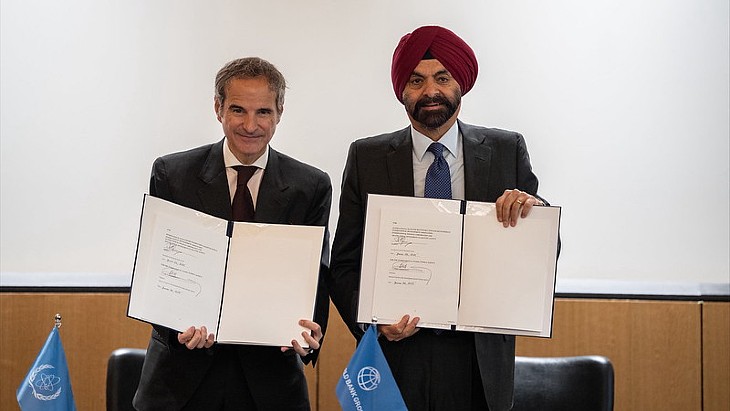UK government funding for advanced reactor development

The GBP3.3 million funding through the Advanced Modular Reactor Research, Development and Demonstration (AMR RD&D) programme - part of the GBP385 million Advanced Nuclear Fund - will support the development of innovative nuclear technology in the UK, such as high temperature gas reactors (HTGRs). It aims to demonstrate HTGR technology by the early 2030s.
Funding for the AMR RD&D programme was split into two lots. The first is for projects developing advanced modular HTGR technologies, with up to GBP500,000 available for each project. The second is for projects developing coated particle fuel (CPF) for HTGR technologies, with up to GBP250,000 available for each project.
Funding totalling GBP2.5 million has now been announced for six pre-front-end engineering design (pre-FEED) studies in Phase A of the AMR RD&D programme.
HTGR technologies
Four organisations - EDF Energy Nuclear Generation Limited; National Nuclear Laboratory (NNL); U-Battery Developments Ltd and Ultra Safe Nuclear Corporation (USNC) - have been awarded funding in Lot 1 for pre-FEED studies for developing advanced modular HTGR technologies.
EDF is receiving GBP499,737 to focus on end-user requirements to determine the reactor design characteristics most suitable for a HTGR demonstration in the 2030s. EDF proposes the Hartlepool Heat Hub as a host site for the UK's first HTGR demonstration.
NNL is receiving GBP497,495 to coordinate a UK-Japan team (NNL, Japan Atomic Energy Agency (JAEA) and Jacobs) to leverage a proven HTGR baseline from Japan and adopt an innovative approach in its design, build, construction and operation. The project aims to deliver an end-to-end solution that is energy user led while bringing together national and international supply chains.
"We are delighted that the UKJ-HTR has been selected for this phase of development of the next generation of nuclear reactors in the UK," said NNL CEO Paul Howarth. "Unleashing innovation is fundamental to our work as a national laboratory. We have world-leading facilities for our scientists and technologists, enabling them to develop the pioneering solutions, skills and capabilities required to deliver the UKJ-HTR."
U-Battery is receiving GBP499,845 determine the optimum size, type, cost and delivery method for a U-Battery advanced modular reactor demonstration. The U-Battery AMR aims to provide a source of low-carbon, locally-embedded process heat and power that can displace the use of fossil fuels.
"This is U-Battery's exciting next stage, and demonstrates the government's understanding that our technology can be a solution for difficult to decarbonise sectors, as well as hydrogen and synthetic fuel production, and in a cost-effective manner due to its simple, modular design," said U-Battery General Manager Steve Threlfall.
USNC UK Ltd's project is receiving GBP498,312 to build on USNC's existing micro modular reactor (MMR) design as a foundation to develop and demonstrate a modified MMR+ design best suited to UK industry's current and projected future process heat demands. This includes a demonstration of hydrogen and sustainable aviation fuel production.
Coated particle fuel
Under Lot 2, two organisations have been awarded contracts to produce pre-FEED studies for developing CPF for HTGR technologies.
Springfields Fuels Ltd is receiving GBP243,311 for a project, in collaboration with Urenco Limited, to determine the most effective route for the secure and reliable supply of CPF, in collaboration with Urenco Limited, to support the range of potential HTGR technologies which may come forward in the UK. This study will focus on UCO-kernel TRISO as the standard CPF fuel type for contemporary HTGR designs but will design the facility for maximum flexibility to manufacture a wide range of variations on this fuel.
NNL is receiving GBP250,000 to deliver a domestic commercial fuel supply starting with the first fuel load for the HTGR demonstration. NNL, Urenco Limited and JAEA will collectively collaborate to develop CPF to full-scale commercialisation, to support HTGR technologies which will bolster UK security of energy supply and enable UK fuel to be delivered to a worldwide export market.
The Department for Business, Energy and Industrial Strategy (BEIS), which is providing the funding, said: "The funding will support the early-stage innovation for six winning projects, helping attract private investment and supporting the creation of new, highly-skilled green jobs."
In addition, the government is providing up to GBP830,000 to the Office for Nuclear Regulation and the Environment Agency to develop their capability and consider innovative regulatory approaches to HTGRs.
BEIS will work with the Nuclear Decommissioning Authority and their wider estate to explore how to leverage their knowledge, sites and operational experience to inform the development, deployment and operation of the demonstration and to support BEIS policy objectives in this area.
Energy Minister Greg Hands said: "This investment will help unlock the potential for new nuclear reactors in the UK, as we drive forward plans to boost clean, cutting-edge, homegrown technologies for our energy security, while driving down bills in the long term."









..._58412.jpg)

